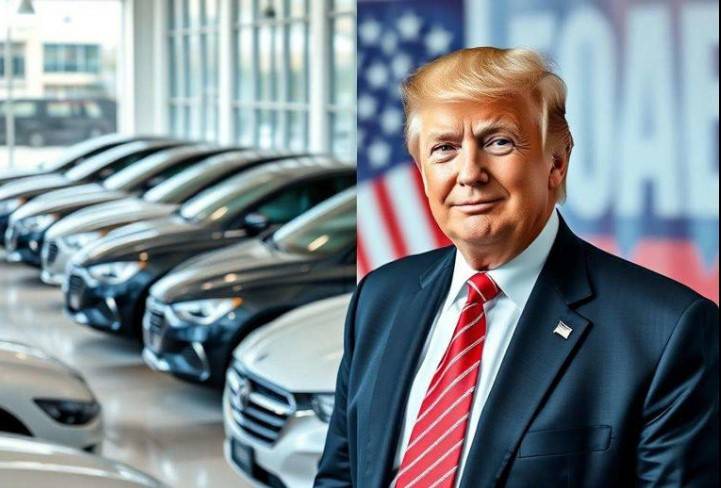
President Donald Trump has announced a 25% tariff on all foreign-made vehicles, effective April 3. The move aims to disrupt global auto trade, particularly affecting countries like Canada, Mexico, Japan, South Korea, and Germany. In addition, the tariffs will apply to key automotive parts, including engines, transmissions, and electrical systems, starting May 3.
The U.S. administration has introduced a partial exemption for vehicles and parts compliant with the U.S.-Mexico-Canada Agreement (USMCA). However, this exemption only applies to U.S.-produced content. For example, a truck built in Mexico with 45% U.S. content will still face the 25% tariff on the remaining 55% of its value. This complex rule has added uncertainty to the industry.
The legal basis for these tariffs comes from a 2019 national security investigation, which claimed that rising automotive imports could weaken U.S. military technology development. Although Trump initially sought trade deals, he now believes these talks failed to protect U.S. interests. The tariffs are part of his broader effort to support American manufacturing.
Global backlash has been swift. Auto stocks in Europe and Asia saw significant losses, and leaders from Canada, the European Union, and China condemned the tariffs. While Trump defends the move as a strategy to support American jobs, critics argue it will raise prices and reduce demand, worsening the current economic uncertainty.